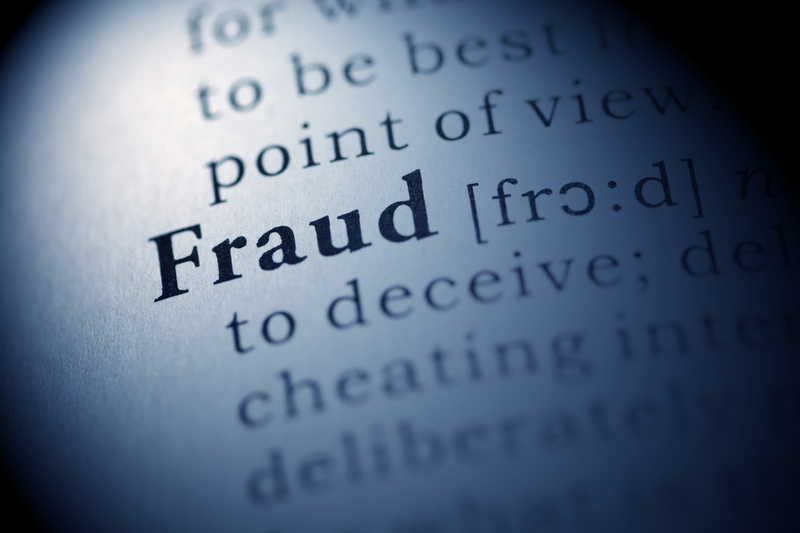Items Not Allowed in Storage
Posted on 11/09/2025
When renting a storage unit, it's essential to know what you can and cannot store. Certain items are prohibited due to safety, legal, and ethical concerns. Here's a comprehensive guide to help you understand what items are not allowed in storage units.
Hazardous Materials
One of the most strictly regulated categories of items not allowed in storage units is hazardous materials. These include:
- Flammable Items: Gasoline, kerosene, lighter fluid, and other highly combustible materials.
- Explosives: Fireworks, ammunition, and other explosive materials.
- Chemicals: Pesticides, acids, paint thinners, and other corrosive or toxic chemicals.
These items can pose significant risks, including fires or chemical spills that could endanger other stored items and the facility itself.

Perishable Goods
Storing perishable goods can lead to several problems, including pest infestations, foul odors, and unsanitary conditions. Items in this category include:
- Fresh food
- Frozen food
- Canned goods (depending on storage duration)
Perishable items can spoil over time, attracting rodents and insects that may cause damage to other stored items.
Living Things
It might seem obvious, but it's worth mentioning that living things are strictly prohibited. This includes:
- Pets
- Plants
Pets could suffer, and plants could die without proper care and environmental conditions.
Illegal Items
Storing illegal items is a criminal offense. Prohibited items include:
- Illegal drugs
- Stolen goods
- Counterfeit currency
Storage facilities work closely with law enforcement to ensure that illegal activities are not conducted on their premises.
Weapons and Firearms
Many storage facilities have stringent rules against storing weapons and firearms, especially if they are not secured correctly. This includes:
- Guns and rifles
- Knives and swords
- Other weaponry
Improper storage of weapons can lead to accidents or misuse.
Money and Valuables
Most storage facilities advise against storing money or extremely valuable items, such as:
- Cash
- Jewelry
- Important documents (birth certificates, passports)
While storage facilities often have security measures in place, they are not foolproof, and it is better to keep these items in a safety deposit box or secure at home.
Pros and Cons of Using a Storage Unit
Pros:
- Extra space to declutter your living area
- Secure location for storing items
- Convenient access to stored belongings
Cons:
- Monthly rental costs can add up
- Risk of damage or theft
- Restrictions on what can be stored
Tips for Choosing a Storage Unit
- Research storage facility policies
- Check for security features
- Consider climate-controlled units for sensitive items
- Read reviews of the storage facility

Takeaways
- Always check what items are not allowed before renting a storage unit
- Never store hazardous, perishable, living, illegal, or highly valuable items
- Understand the pros and cons of using storage units
Conclusion
Understanding what items are not allowed in storage units is crucial for the safety and legality of your stored belongings. By adhering to the guidelines provided by storage facilities, you can ensure that your items are stored securely and responsibly.
Direct Answer: Items not allowed in storage units include hazardous materials (flammables, explosives, chemicals), perishable goods (food), living things (pets, plants), illegal items (drugs, stolen goods), weapons and firearms, and valuables (cash, jewelry).














